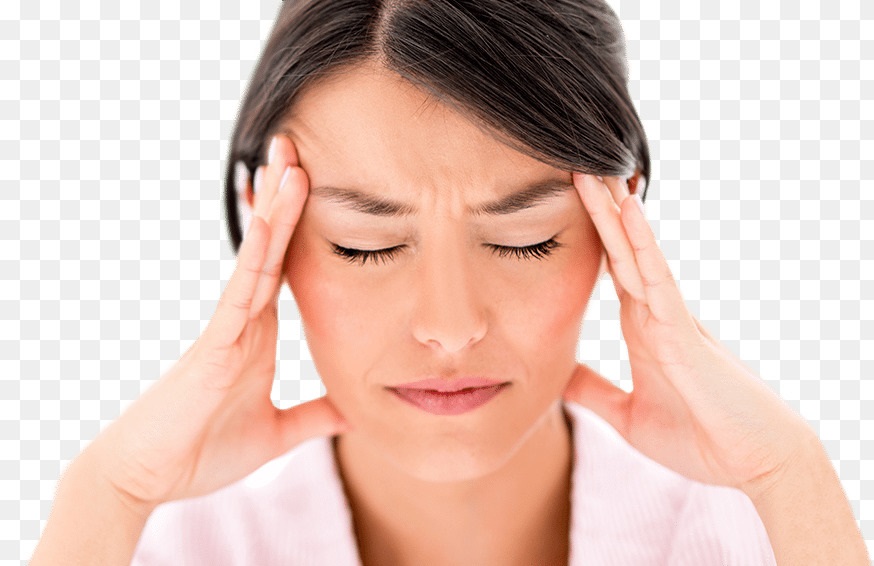

Tension Headaches: Causes, Symptoms, and Treatments
One of the most common headache types in India and across the world amongst adults particularly is the tension headache. Mostly they are known to occur once or twice in a month but could be chronic as well. The former kind of headaches is known as episode headaches.
Usually, tension headache starts in the second half of the day
Compared to migraine tension headaches are bearable and do not interfere with daily activities. They also not cause vision blur. There is no nausea or vomiting, stomach pain, or light or noise sensitivity.
As the saying goes ‘a stitch in time saves nine’, tension headaches are good to be treated when there are milder. To prevent them avoid triggers and take medications, usually over the counter ones. In case they do not work is when your doctor would prescribe you some muscle relaxants or strength medications.
Tension headaches aren’t life-threatening or do not need a prompt or emergency medical assistance. Having said that, if you experience a severe headache of abrupt nature, or a headache post a head injury or accompanies with mental confusion, fever, double vision, numbness, or speaking difficulties, take emergency medical assistance right away.
Tension headaches can be prevented by exercising on a daily basis and relaxation and biofeedback as well as cognitive and other therapies in addition to lifestyle changes that include following a healthy lifestyle like drinking a lot of water, eating a regular balanced diet, and limiting your intake of sugar, caffeine, and alcohol.

 Emergency Number
Emergency Number